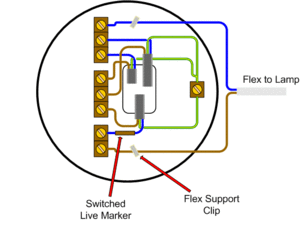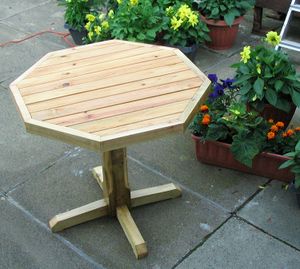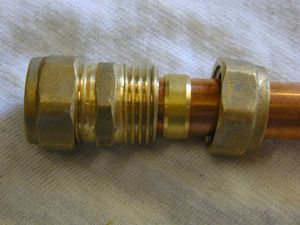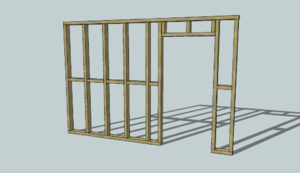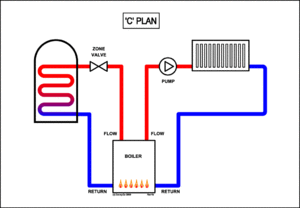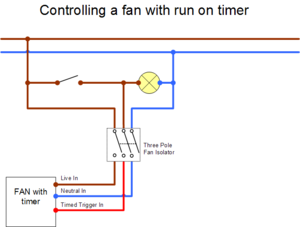Main Page
Welcome to the uk.d-i-y wiki!
Here you will find articles on:-
- Domestic Plumbing
- Central Heating
- Household Electrics
- Electrical Lighting
- DIY Building and carpentry
- Furniture making and other Woodwork
In fact if you are in the process of an interesting build or DIY project, then this is the place to post about it for other like minded people to enjoy.
and many many more...
You can access wiki articles by any of the following:
- Article Index
- Contents by Subject Category
- Random article
- Entering a keyword in the search box to find particular topics (e.g. 'limescale').
About this wiki & uk.d-i-y
This wiki contains a mixture of DIY related instructional and reference material, as well as details of projects, DIY related anecdotes, experiments, and humour. Its not an encyclopaedia, although it has some very detailed and encyclopaedic articles. Its not a forum, but if you want a DIY forum, look at the ways to access uk.d-i-y below.
uk.d-i-y is a usenet "newsgroup" that was created in 1994, and has since grown into a very popular group which usually receives more than 6,000 postings every month! You can get access to a searchable archive of postings using Google Groups which will let you get a taste for what is on offer. Note you will no longer be able to post to usenet newsgroups via Google groups after Feb 2024 when Google cease support for usenet. Google will continue to maintain a searchable archive of existing posts (which goes back decades), but no new posts will be added to the archive after Feb 2024.
Some may be unfamiliar with newsgroups, and usenet in general. Newsgroups have existed on the internet for many many years (they even predate the creation of the world wide web itself) and they are an ideal place to have discussions and exchange information.
Some web sites allow access to usenet groups, however they are often at their best when accessed using dedicated news reader software. For better ways of joining in the discussion, read newsgroup access tips
DIY is for ordinary people who want to Improve their home, Craft & Make things, and do Repair jobs for themselves without needing to employ others. Many such jobs require the DIY-er to expand their skills and understanding - sometimes quite rapidly - to carry out the job successfully. Since many such jobs have already been tackled by other DIYers it is useful to learn from their experience.
The uk.d-i-y newsgroup had a web-based FAQ containing articles contributed and edited by many group 'regulars'. Since wikis are by their nature DIY websites the uk.d-i-y wiki was perhaps inevitable. Over time the wiki has grown to include and replace the original FAQ content, and the original static web based FAQ has now been retired. A copy of it is available preserved as a PDF.
Wiki articles range in their completeness and levels of polish, some are excellent, and some are still in need of more work. Since many articles are the work of only one or two people, they may carry the particular bias(es) of the author(s). (Viewing a page's history tab shows how the page has been edited and how many people have contributed to the process.)
Contributing
A wiki is a collaborative thing. You can contribute by adding to or improving the content of articles (even if just to corect speling improve and grammar). You can also help by letting other contributors know if an article is unclear, even if you can't help by clarifying it yourself: you can add comments on an article's "talk" page (click on the discussion tab at the top). It helps if you can be specific e.g. "It's not clear whether you should use a widget or a dongle for firkling a round tuit" rather than "article unclear". Talk (discussion) pages are also the place for suggestions for extending an article (e.g. "how about a section on where to get Round Tuits?") or splitting ("maybe the section about where to get Round Tuits should go in the Supplies article?") and so on. Please see Creating and Editing Articles for more info on, er, creating and editing articles.
It is hoped that people (this includes you!) will contribute their own particular skills - whether by writing new articles, improving existing ones or just pointing out where improvements need to be made (in content or in clarity).
- In order to post new articles or edit existing ones, you will need to login first.
- To create a login or user account, see Account Requests
- You can discuss this wiki on the talk (discussion) page
- All contributions to this Wiki are considered to be released under the GNU Free Documentation License.
